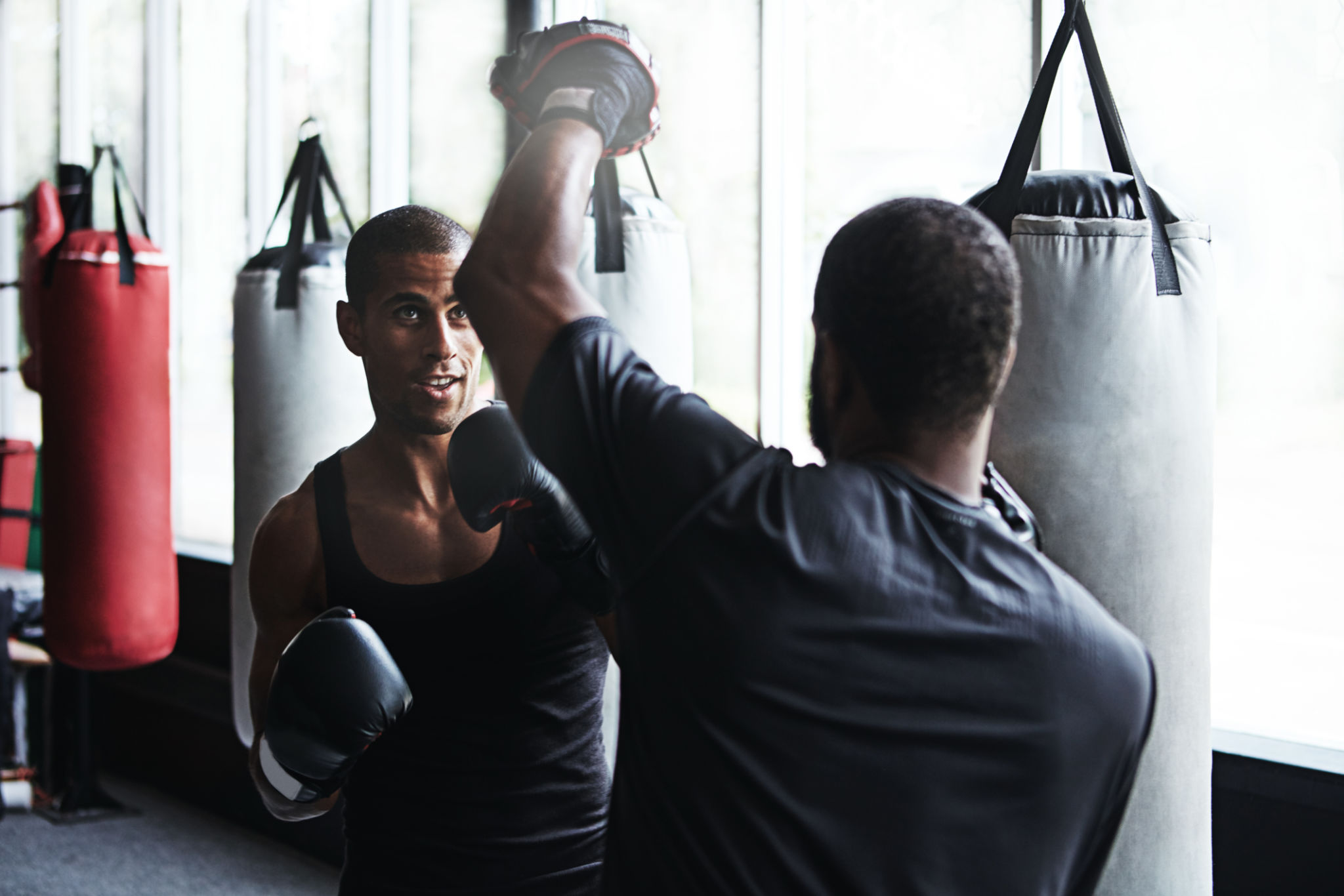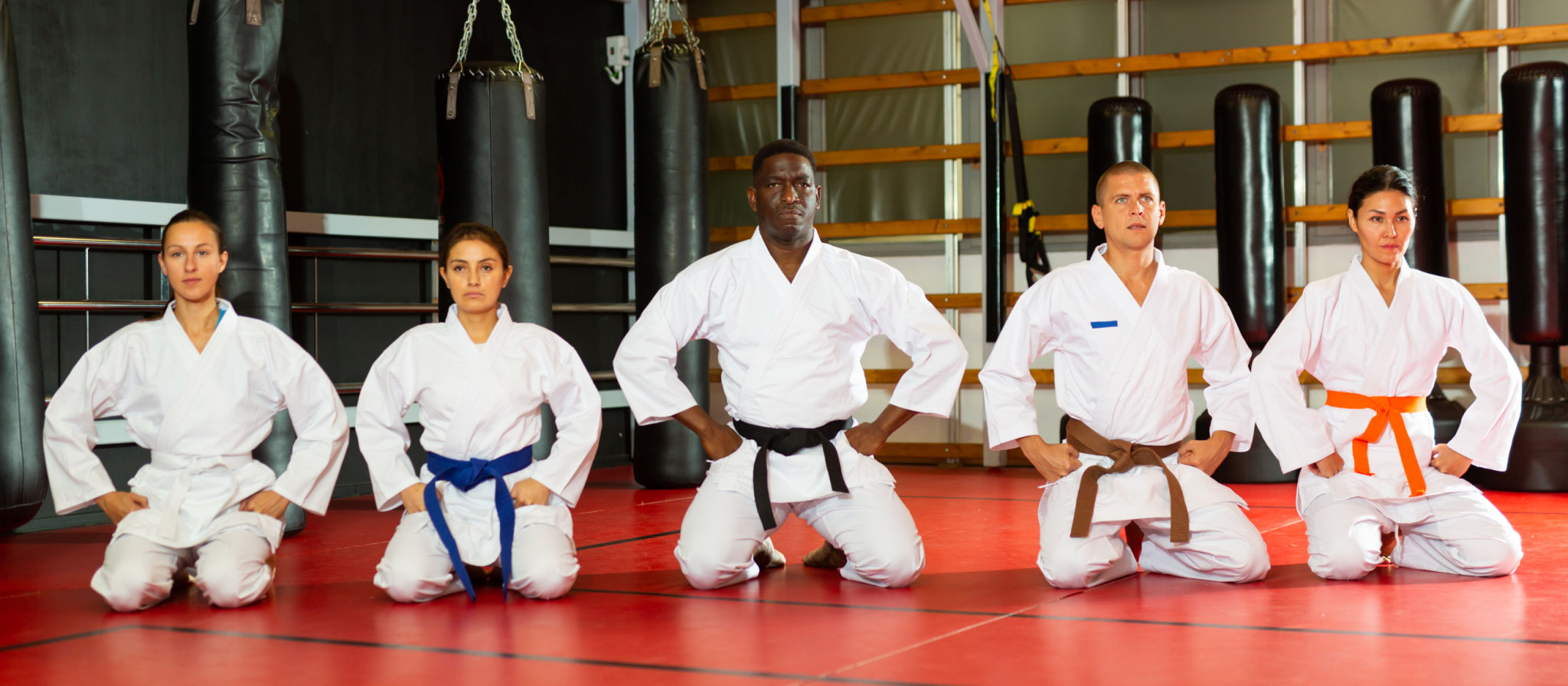Debunking Martial Arts Myths: What You Need to Know Before Joining a Dojang
Understanding the Basics of Martial Arts
Martial arts often come surrounded by a myriad of myths and misconceptions that can deter potential students from joining a dojang. Whether it's the belief that martial arts are solely about combat or that they're only suitable for the young and fit, these myths can cloud the true essence and benefits of martial arts training. In this post, we'll explore some of these myths and provide a clearer picture of what martial arts truly entail.

Myth 1: Martial Arts Are Only About Fighting
One of the most common misconceptions is that martial arts are purely about fighting and self-defense. While these elements are certainly part of the training, martial arts encompass much more. They focus on personal growth, discipline, and mental strength. Many practitioners find that martial arts help in stress relief and self-awareness, making them a holistic approach to physical and mental well-being.
Myth 2: You Must Be Young and Fit
Another widespread belief is that martial arts are only for the young and physically fit. The truth is, martial arts are for everyone, regardless of age or fitness level. Many dojangs offer classes for different age groups and skill levels, ensuring that everyone can participate at their own pace. The focus is on gradual improvement and personal goals, rather than competing with others.

Exploring the Benefits Beyond Physicality
While physical fitness is a natural outcome of practicing martial arts, the benefits extend far beyond just the physical. Martial arts training fosters a sense of community and belonging. Students often find themselves part of a supportive network that encourages each other in personal growth and achievement.
Myth 3: Martial Arts Promote Violence
This myth couldn't be further from the truth. In fact, martial arts teach respect, restraint, and responsibility. Students learn to control their impulses and use their skills only in appropriate situations. The philosophy behind most martial arts disciplines emphasizes peace and conflict resolution over aggression.

Myth 4: Martial Arts Are Not Suitable for Women
There is a lingering stereotype that martial arts are predominantly male-oriented. However, women have been practicing martial arts for centuries and continue to excel in various disciplines. Many dojangs actively encourage women to join, promoting empowerment and self-defense skills that are invaluable in everyday life.
Choosing the Right Dojang
Before joining a dojang, it's crucial to research and find a place that aligns with your goals and values. Look for dojangs that offer trial classes so you can experience the environment firsthand. Speak with instructors to understand their teaching philosophy and ensure it resonates with you.
Ultimately, martial arts offer a rewarding journey filled with personal development, community, and lifelong skills. By debunking these myths, we hope to open doors for those interested in exploring this transformative practice.
